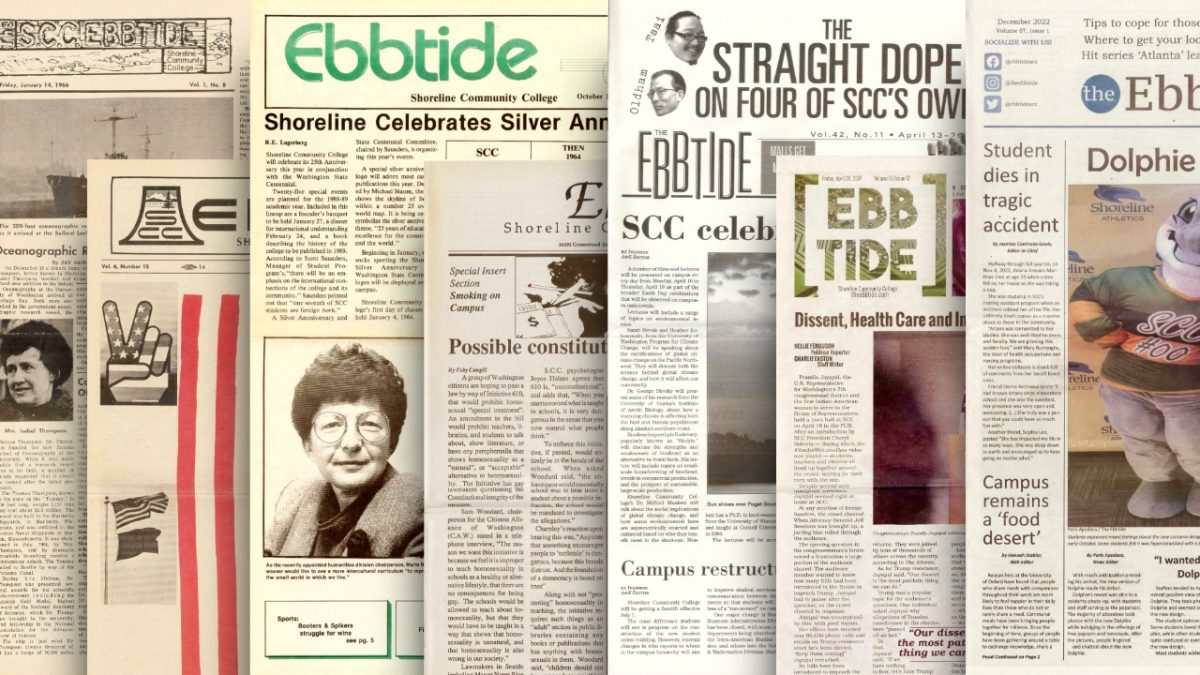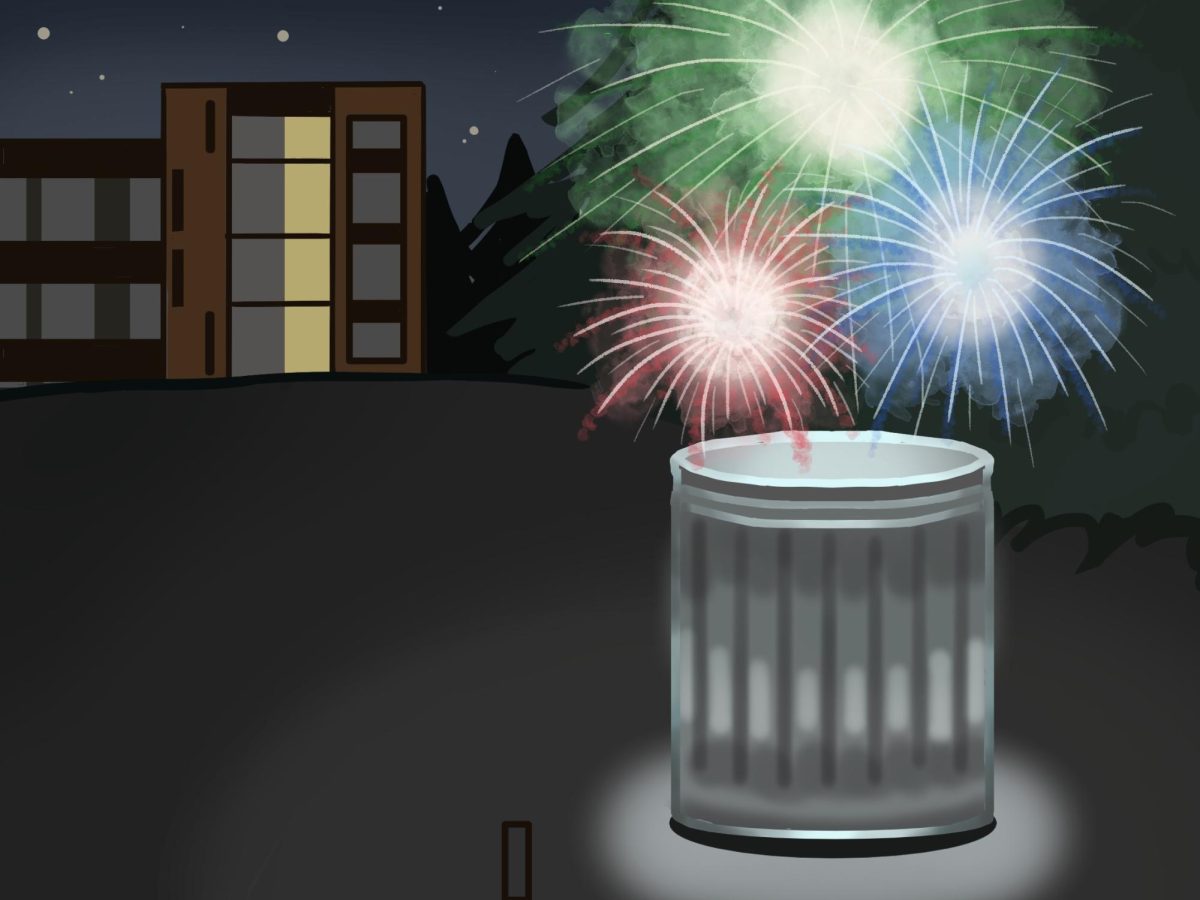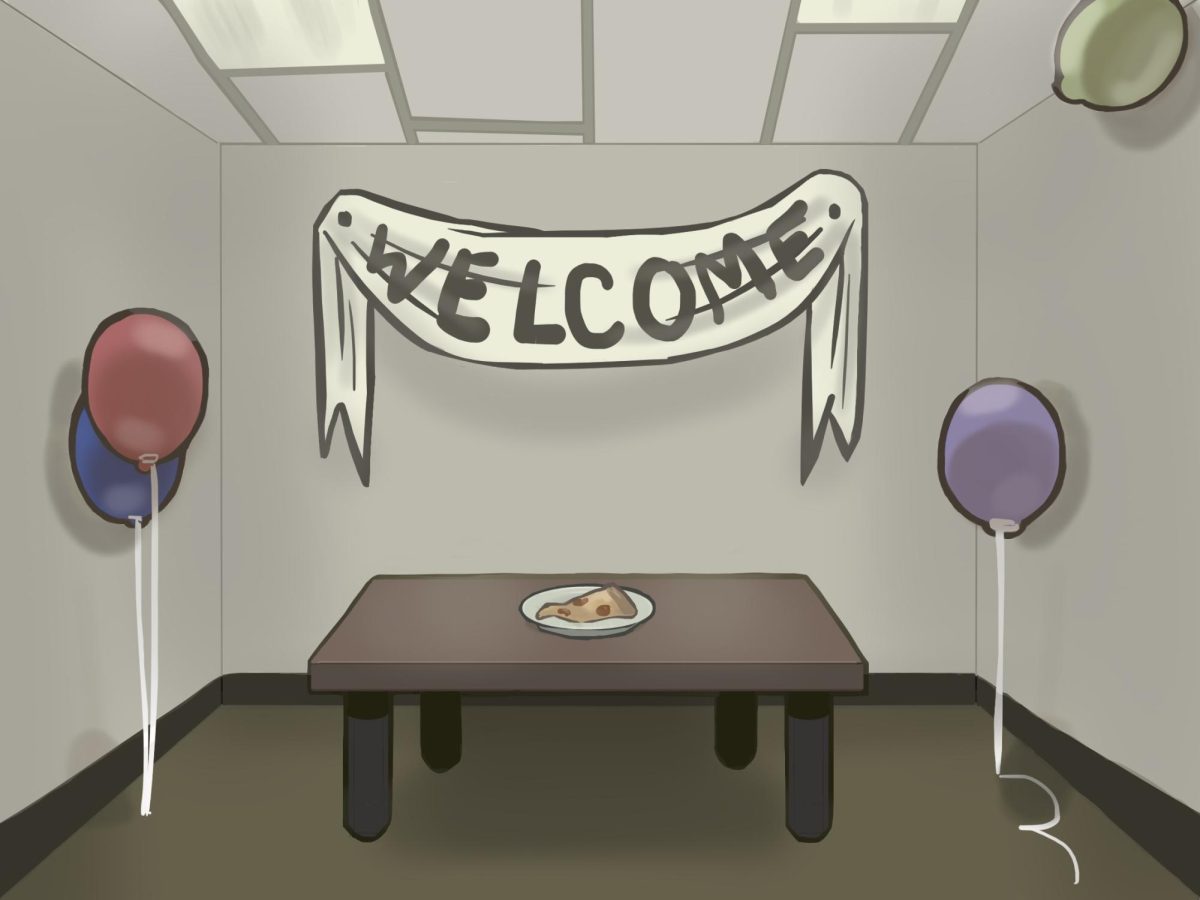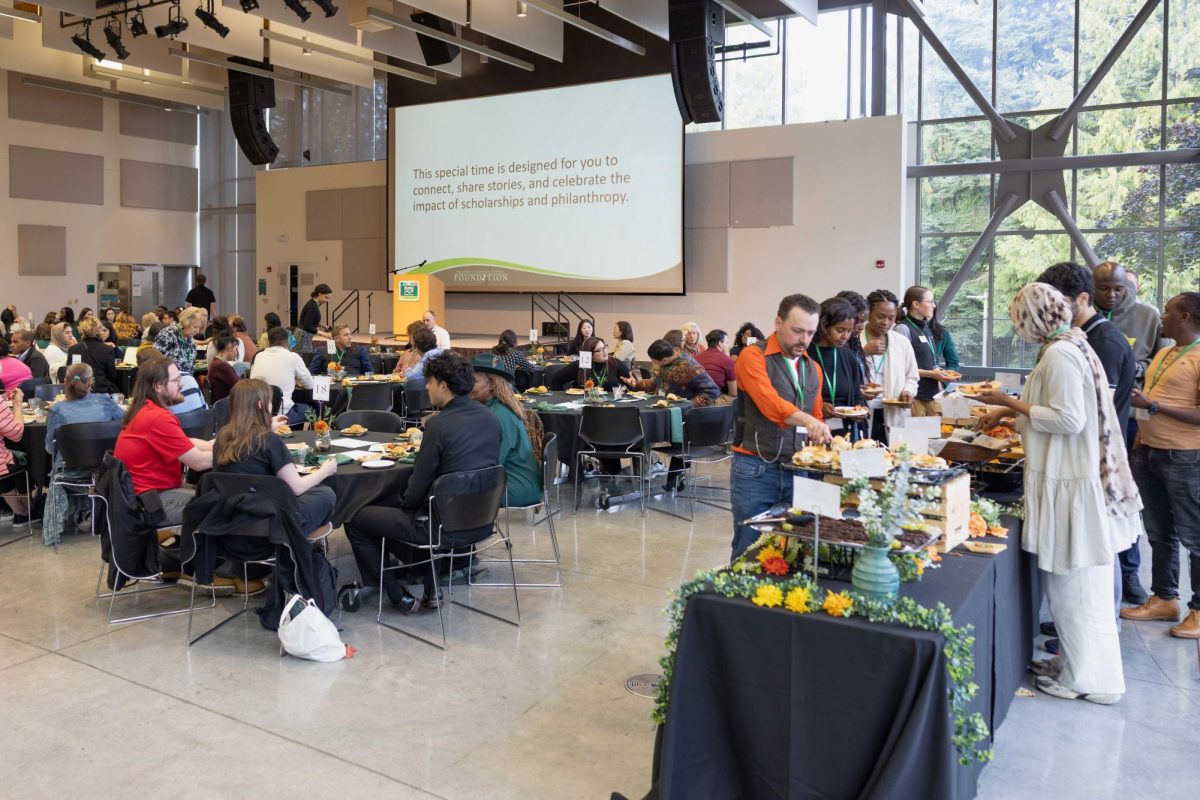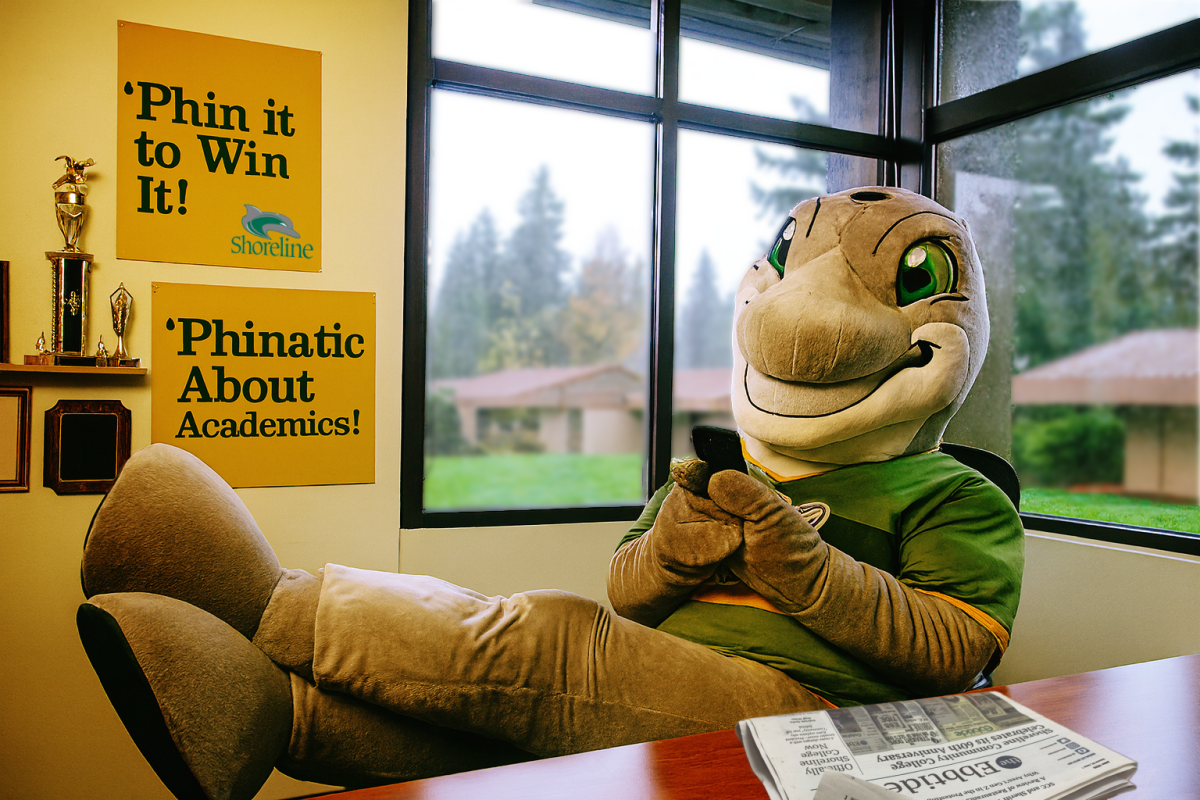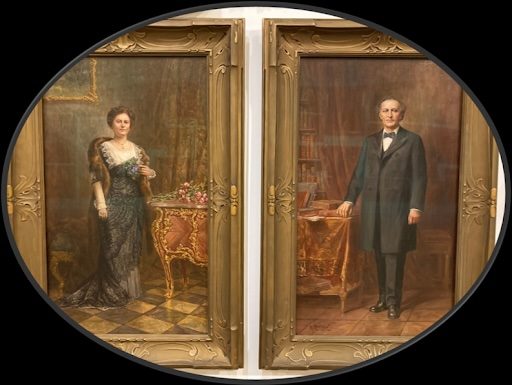“LARAMIE” SHOWS HOW FAR WE’VE YET TO GO
President Barack Obama signed the Matthew Shepard and James Byrd Jr. Hate Crime Prevention Act on October 28, 2009.
SCC’s “The Laramie Project” focuses on one of the bill’s namesakes, Shepard, an openly gay student who was murdered in Laramie, Wyo., in 1998.
Nearly 20 years ago, Shepard was tied to a fence by his two killers, Russell Henderson and Aaron McKinney, and beaten, tortured, robbed and left to die in the freezing Wyoming cold for nearly 18 hours. Whether it was God or a stroke of luck, Shepard was found and rescued in the early morning by a cycling university student.
Shepard had countless strangers rooting for him as he lay in the hospital for six days surrounded by his family. He died on Oct. 12, after succumbing to serious head injuries.
From Los Angeles to Washington D.C., Shepard’s brutal death became national news.
SCC’s production of “The Laramie Project” featured 15 talented theater students portraying real people interviewed by the New York Tectonic Theater Company, who entered the city of Laramie with the hope of digging beneath the surface of the tragedy.

This particular production was all about character development and understanding the different opinions percolating within a small town. The actors didn’t wear flashy outfits or have flashy props — they kept it simple.
All of the actors in SCC’s production portrayed several different characters, with some roles larger than others.
One of the most pivotal roles in the play was the angry, sadistic McKinney. Marcel Grant, who was performing in his first production at SCC, shared in an open panel discussion on March 12 that he “didn’t have any empathy” for McKinney, whom he had to portray during the trial portion of the second act.
Grant’s performance as the young man was stellar. Of all the characters he played, his portrayal of McKinney was by far the most memorable.
McKinney’s distraught excuses and his unraveling in front of the interrogating detective felt like the beginning of justice. Grant did an excellent job of showing McKinney’s fury and unforgiving attitude towards Shepard’s death, creating tension in the room as the audience got a peek into the killer’s mind.
Trevor Bikos played the Baptist minister, who at one point in the performance states that when Shepard was tied up for 18 hours in the Wyoming cold, he should have been reflecting on his lifestyle choices. Essentially, he meant that if Shepard hadn’t “chosen” to have a gay lifestyle, maybe his death wouldn’t have occured.
Bikos delivered the minister’s intense statement in a way that sent shivers through the crowd. It was a haunting statement that held remorse for the dead, but no respect for the person. Bikos said it was “fun” to play characters who were definitely not like himself.
Besides the Baptist minister, Bikos played Matt Galloway, one of the bartenders who had last seen Shepard before he left with the two men. Galloway’s character seemed to be all over the place, struggling to keep with his thoughts as they spewed out. In contrast to the minister, Bikos definitely played the role of a scatterbrained witness as he paced and talked in his attempts to sort out the truth and what he could’ve done to stop Shepard’s murder.
Although Shepard’s family wasn’t physically portrayed in SCC’s production, SCC drama instructor Tony Doupé was the voice-over for Shepard’s father, Dennis Shepard, who gave a statement during McKinney’s trial. The statement was full of emotion that ripped apart any sympathy anyone could possibly have for the killer and intensified the heavy loss that Dennis Shepard felt in the presence of McKinney.
Why? Because instead of condemning McKinney, Dennis Shepard gave his son’s murderer mercy.
Doupé delivered lines that resonated with hope, sadness and strength. During the discussion, Director Debra Pralle said she did not have any of her actors act out these lines, because the impact would be much stronger when said by an actual parent.
On stage, McKinney’s grandmother, Lucy, played by Macy Mullin-Raca, cried into her hands as her family hugged her. In the audience, sniffles and the wrinkling of tissue packets were the only sounds to be heard over silence. Instinctively, I grabbed hold of my own partner’s hand, grasping it tight as my tears fell freely for the words of a man I would probably never meet and for his son, who nobody will ever meet again.
As a whole, “The Laramie Project” was thought-provoking and beautiful.
The cast and crew did a fantastic job of bringing to life such different personalities and people. They adapted to these characters, making them their own. I could remember each and every actor as a certain character because they made it real, which it was.
“The Laramie Project” focuses on an issue that is still prevalent 20 years after Shepard’s death. The LGBTQ community still suffers from continued discrimination and violence, despite laws being put into place giving them more access to freedom of expression and rights.
“The Laramie Project” brings differing opinions and differing voices into the spotlight in this still controversial discussion. And it’s a must-watch for anyone who cares about social justice and LGBTQ issues.
For showtimes, see the A&E Calendar this issue.






